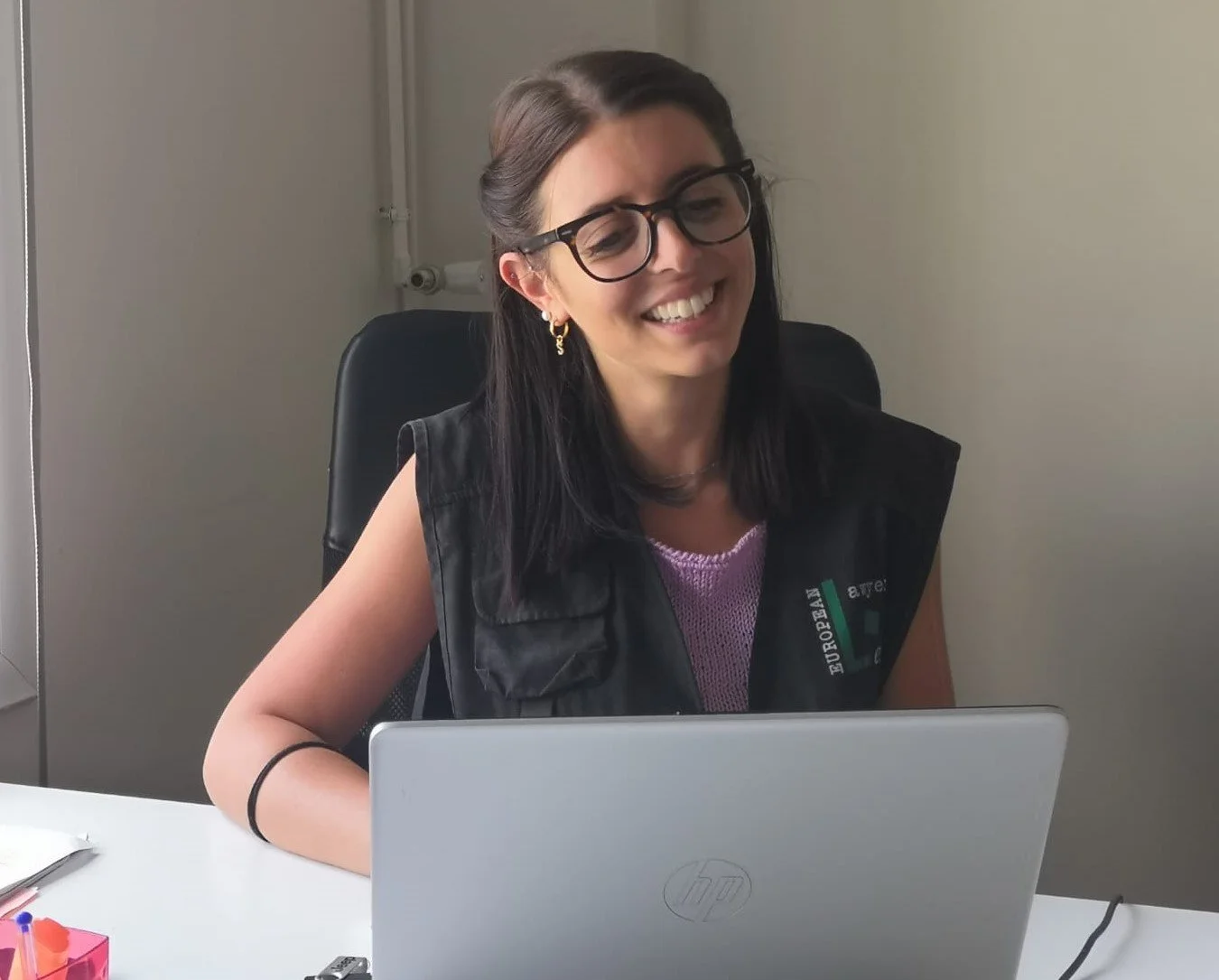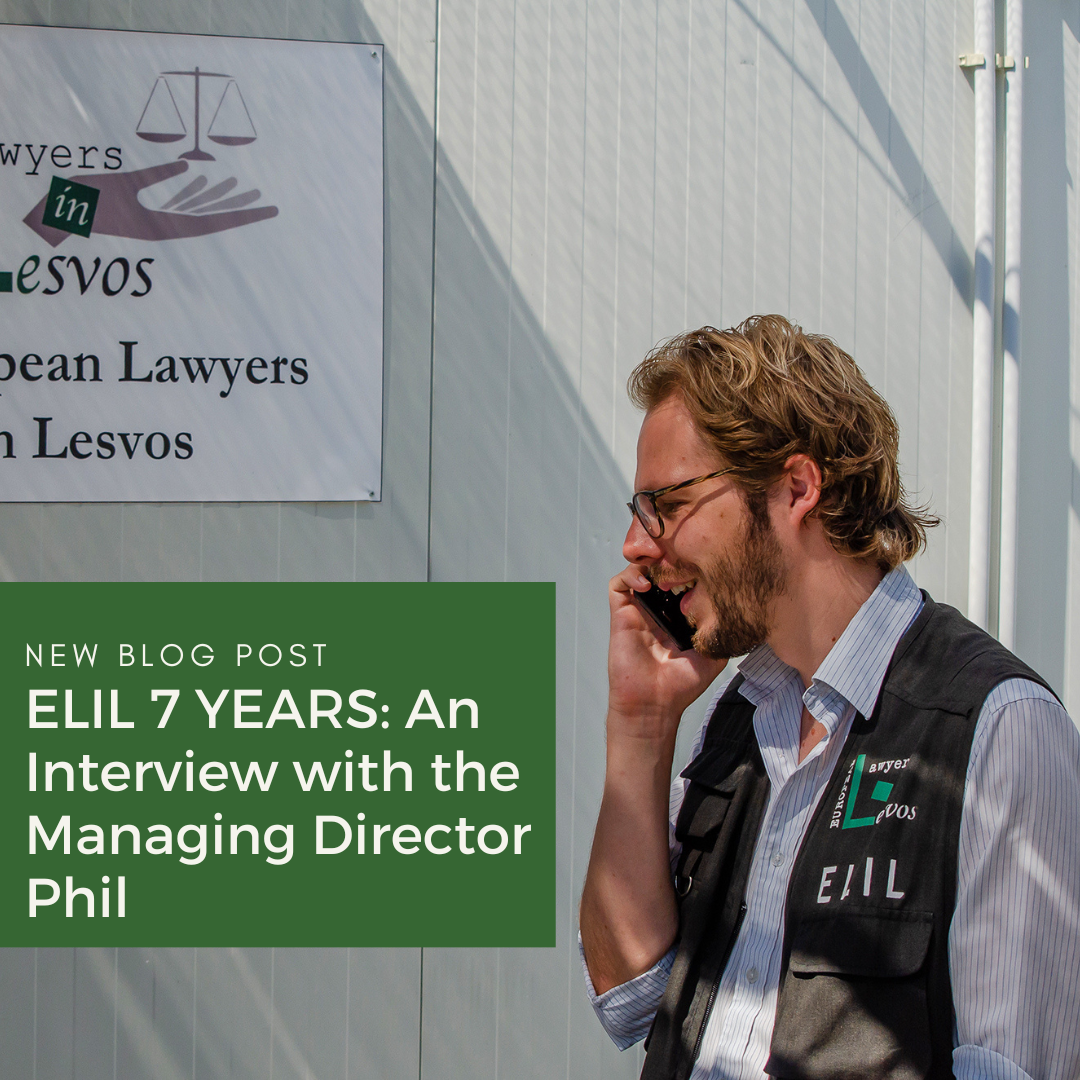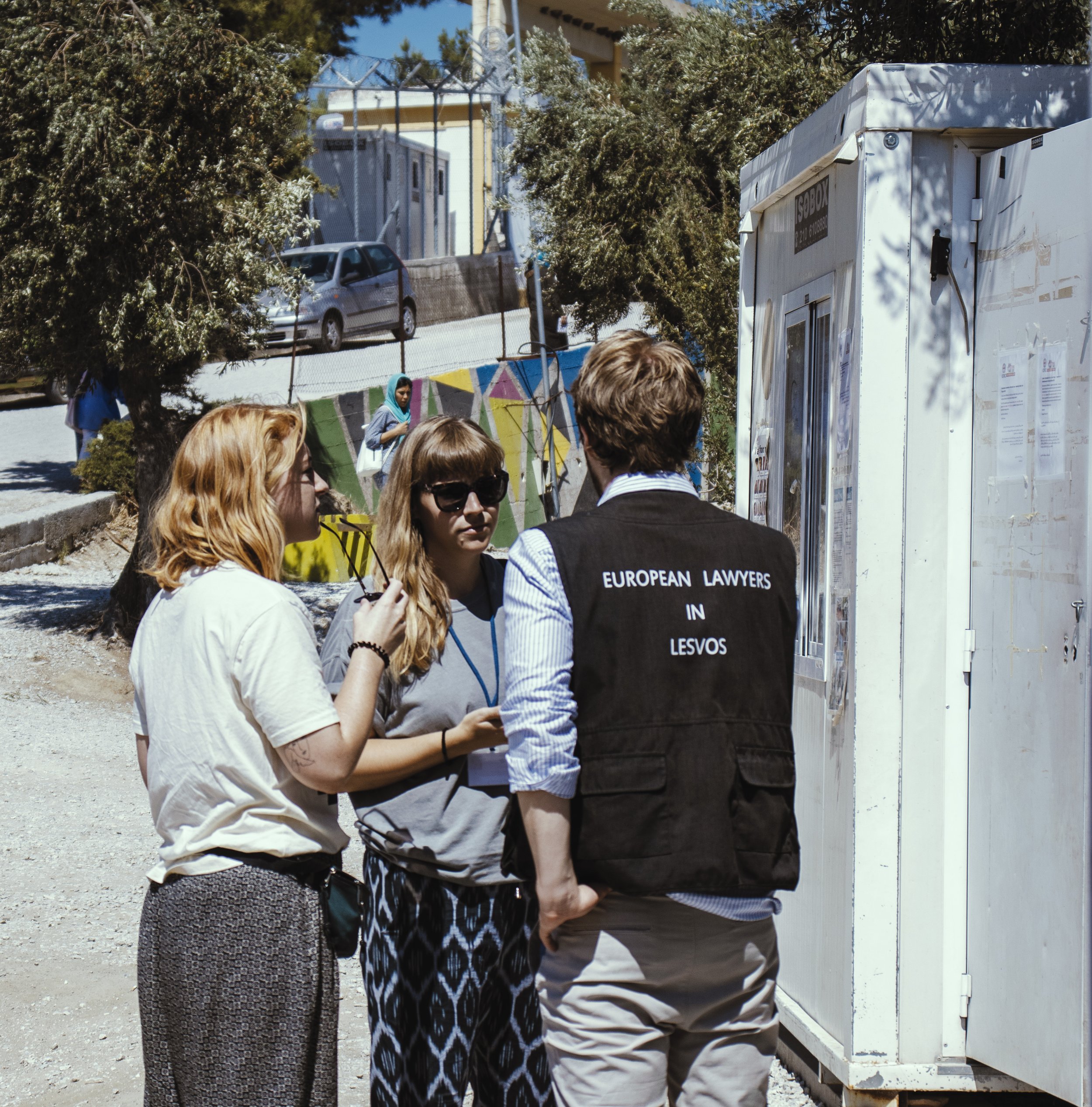My earliest memories with ELIL involve two cases that highlighted the importance and need for legal assistance. In the first case, a man from Iraq approached us in Moria camp on Lesvos. He had already done his interview, but wanted some information about the next steps. He explained that, during his interview, he told the Greek authorities that he is a truck driver willing to work hard, pay taxes and contribute to society in Greece. However, he later disclosed to us that he belonged to a persecuted religious minority and his family had been killed by a militia. He had not revealed this during his interview, fearing it would make him appear vulnerable or burdensome. Whilst his approach was completely logical to those unfamiliar with asylum law, it was highly detrimental to his case as it meant he was automatically labelled as an economic migrant. If he had sought legal advice before his interview, he would have been better equipped to truthfully present his case and would have been far more likely to be granted the protection his circumstances warranted. This particular case underscored the importance, and need, of legal assistance.
On the other hand, I remember our first successful case, where a man from a country in West Africa received a positive asylum decision. We had worked extensively with him, gathering evidence of his involvement in human rights activism. The joy and relief we felt upon his positive outcome was profound. It was especially meaningful as it challenged the authorities' assumptions – as his country of origin is not considered to be a high-risk country - and showcased the difference legal assistance can make, especially in cases where the need for protection may not be immediately obvious.
In what ways has the demand for legal assistance changed and how has ELIL adapted its services?
ELIL has continuously adapted to the shifting landscape and the changing need for legal assistance. The past seven years have witnessed frequent policy, procedural and legislative changes, and ELIL has adjusted accordingly. While our core work remains centred around preparing individuals for their asylum interviews, it has become more complex. Administrative support has become increasingly vital, as accessing and navigating the asylum procedure has become more challenging. At the same time, there has been a significant shift in the speed of the procedure, transitioning from an extremely slow process back in 2016 to a very quick one – for example, on Lesvos, the whole procedure can now be concluded within two weeks of arrival. In this extremely limited timeframe, we must promptly connect with the people upon their arrival, provide essential legal information, prepare them through one-on-one consultations, gather necessary documents, draft supporting written submissions and, where possible, represent them at interview.
In response, ELIL has adapted its approach and boosted capacity, in order to assist as many people as possible. Our flexible approach, coupled to partnerships such as the Greece Pro Bono Collaborative, help us reach more people within the limited time frame. Nevertheless, the overarching concern remains that there is a continuous trend of stricter procedures, reduced safeguards, faster timelines, and a future EU Asylum Pact that may exacerbate the situation.
In terms of impact, ELIL's has assisted over 17,000 people over the past seven years. The organisation consistently achieves recognition rates that are double the Greek average, emphasising the value of legal support during the procedure. This core activity – providing expert legal assistance in relation to the asylum interview – remains our most important one. Other more specialised activities, such as the assistance provided to unaccompanied children in relation to age assessment, ensuring suitable accommodation and family reunification, are also vital. At the same time, on a more general level, it is important to demonstrate to people that there are lawyers on their side who are committed to fighting for their rights and upholding fundamental legal principles and safeguards.
One other major adaptation relates to the geographical scope of our work. The need expands well beyond Lesvos and, indeed, beyond Greece. This, of course, is not a new development, but ELIL now has greater capacity to respond – notably through our four offices across Greece and our new projects in Poland. In particular, the project to support refugees crossing the Poland-Belarus border, which began earlier this year, implements the exact same model and principles as our work in Greece. We assist those crossing the border in applying for asylum, we work to secure their release from detention and support with their asylum application. This project was initiated because we saw clear parallels with the situation in Greece – namely, large numbers of refugees arriving with not enough lawyers to assist them, a strict and quick asylum procedure and a lack of state-provided legal aid.
One thing that has not changed is that there are simply not enough lawyers in comparison with the need. Capacity remains the primary challenge for ELIL. The increasing number of arrivals – with more people arriving to Greece in 2022 than in any year since 2019 - coupled to a scarcity of lawyers, creates an ongoing struggle to assist all those in need. The organisation strives to boost its capacity through strategic planning and fundraising, always with the aim of getting more lawyers and more interpreters, and remains committed to protecting people's rights and providing comprehensive assistance.
What inspired you to establish ELIL?


















